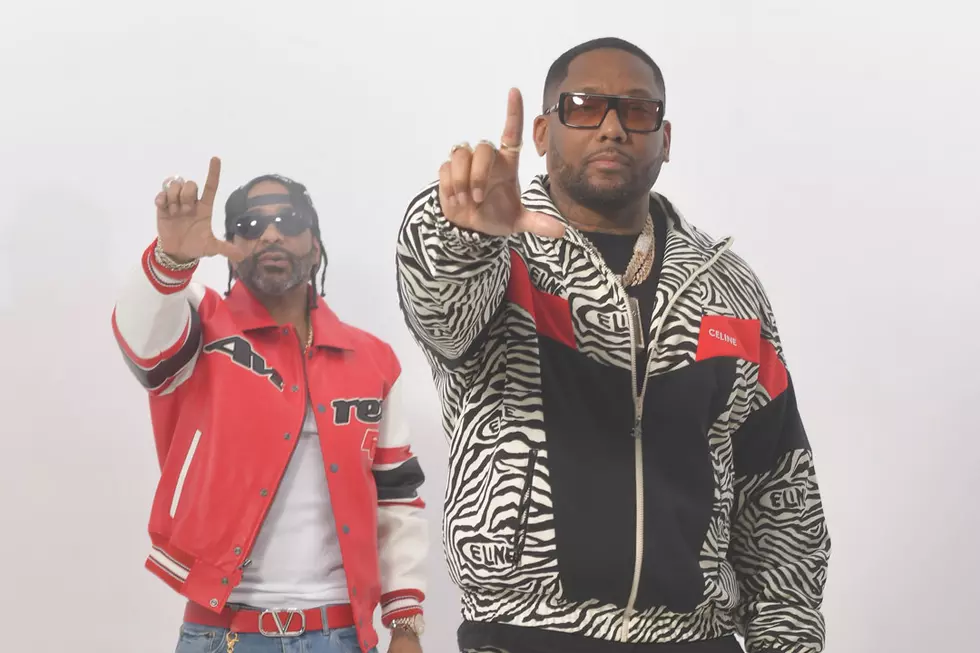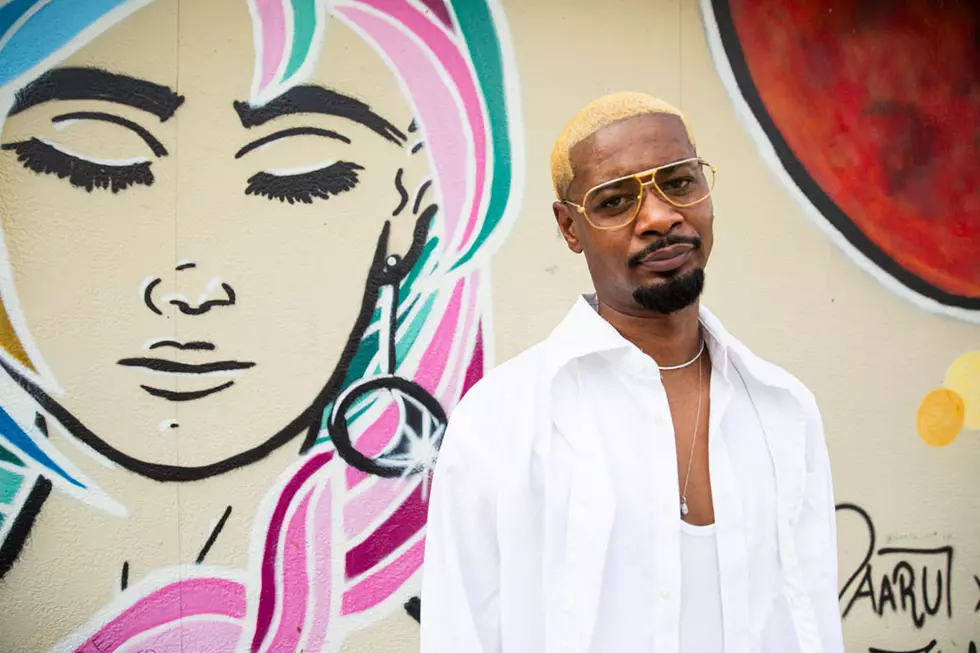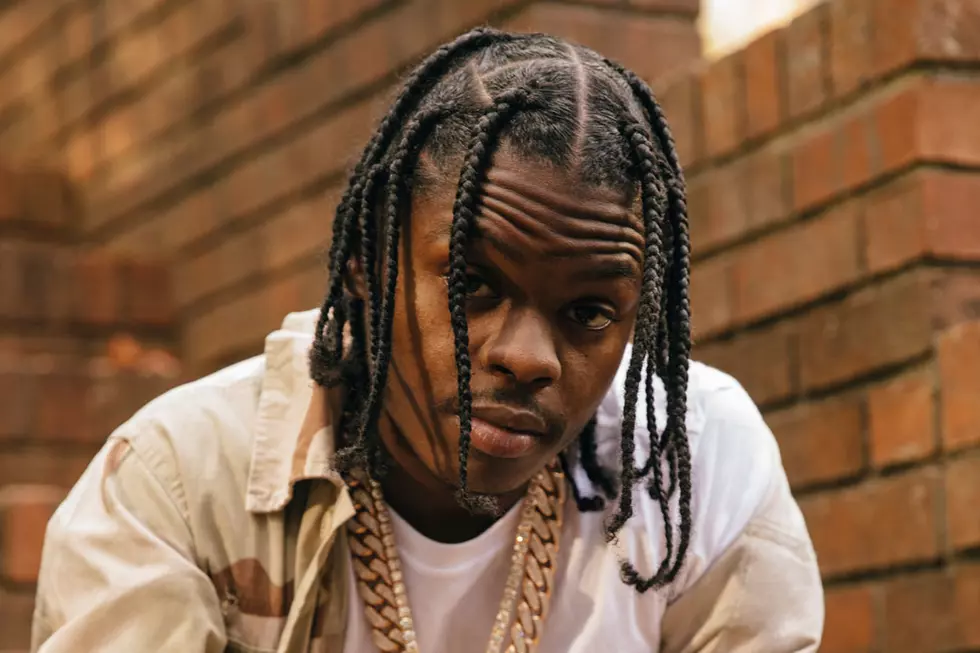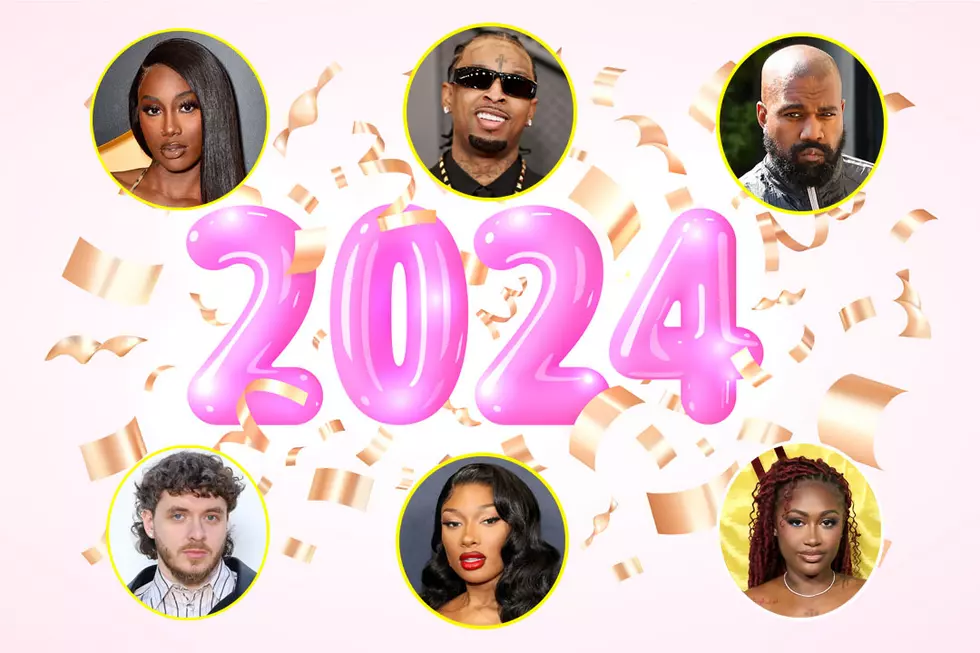The Growth
 New York, we have a problem. Up from Texas for an impromptu promotional run, Paul Wall, a.k.a. the People’s Champ, is currently seated inside one of the city’s oldest pubs, McSorley’s Old Ale House (est. 1854), and no one knows quite what to make of him. A gang of drunken blue-collar barflies are belting out old Irish drinking songs, oblivious to the nearly famous MC. Dressed in an oversized black T-shirt, creased blue jeans and flawless white Reeboks, the husky 24-year-old could easily pass for one of the beer hole’s regulars. But as soon as he opens his mouth and offers up a customary “What it do?” Paul’s $30,000 platinum grill gives him away—he’s not your average White guy. Instead of throwing back round after round of McSorley’s homemade brew, Paul’s sippin’ on a pint of Diet Coke. “I don’t drink,” he says in between swigs of soda. “Every now and then, I’ll sip syrup if I get the weekend off or something.”
New York, we have a problem. Up from Texas for an impromptu promotional run, Paul Wall, a.k.a. the People’s Champ, is currently seated inside one of the city’s oldest pubs, McSorley’s Old Ale House (est. 1854), and no one knows quite what to make of him. A gang of drunken blue-collar barflies are belting out old Irish drinking songs, oblivious to the nearly famous MC. Dressed in an oversized black T-shirt, creased blue jeans and flawless white Reeboks, the husky 24-year-old could easily pass for one of the beer hole’s regulars. But as soon as he opens his mouth and offers up a customary “What it do?” Paul’s $30,000 platinum grill gives him away—he’s not your average White guy. Instead of throwing back round after round of McSorley’s homemade brew, Paul’s sippin’ on a pint of Diet Coke. “I don’t drink,” he says in between swigs of soda. “Every now and then, I’ll sip syrup if I get the weekend off or something.”
As the latest rapper to emerge out of hip-hop’s newest region on the rise, Paul Wall makes a point of promoting his hometown’s culture wherever he goes. He’s worked his whole life at becoming an integral part of all things H-Town. But unlike the majority of so many Dirty South rappers who claim to have made their name in the streets from dealing in dirt, Paul’s managed to push purely legal product. And while he’s had the Internet going nuts ever since he signed with Swisha House, most people didn’t get their first glimpse of Paul until they saw him standing behind Mike Jones and Slim Thug in the video for their smash hit “Still Tippin’.”
“Before, we had a bunch of fans who had to go out of their way to know who we were,” explains Paul. “Now they play us so much on TV, everybody knows us, even if they don’t want to.” On his first single, “Sittin’ Sidewayz,” which is another ode to candy-painted Cadillacs in the cruisin’ lane, Paul Wall hopes to break out of not only the regional borders that have been celebrating his music for years, but also out of the stigma that naturally goes along with being a White man on the mic.
Paul Slayton was born and raised in a middle-class neighborhood in the Northwest section of Houston. When he was 6 years old his father took off, leaving Paul and his older sister behind with their mother, Rikki. At 12, Paul started listening to and memorizing DJ Screw tapes. “It wasn’t like I was listening to rap ’cause I was intrigued by the Black culture,” says Paul. “I was listening to rap ’cause I had no choice. Muthafuckas ate hamburgers and french fries and listened to rap music. That’s the way life was.”
But Paul wasn’t the typical rap fan. Rather than just spitting along with the lyrics of his favorite song, he began writing songs and rapping under the name Overflow while also working on promotions for some of Houston’s local rappers. By 1995, Paul was doing street-team work for major labels like No Limit, Def Jam and Cash Money. While passing out fliers at Houston’s popular All-Star parties, Paul befriended local DJ Michael Watts. Watts had been making a name for himself by perfecting the chopped and screwed style of DJing pioneered by the late DJ Screw.
Young Paul agreed to promote Watts’ mixtapes almost exclusively. In return, the H-Town turntable titan taught Paul to DJ and started throwing some of Paul’s early tracks into his mix. “For me, it wasn’t just about being a rapper,” says Paul. “It was about building relationships with people. With Watts it was never, ‘Play my record!’ It was, ‘What’s up man? Can I help you with something?’”
Meanwhile, Paul learned to handcraft gold and platinum grills—a hood-rich style that has long been a staple in Southern hip-hop. He set up shop in local record store Thug City and attracted so much business, he was able to partner with established jeweler Johnny Dang.
After graduating high school in 1998, Paul enrolled at the University of Houston. For a while he juggled his multiple side hustles and school but soon realized the outside jobs were much more profitable. “I was losing money and opportunities going to school,” he says. “It was wasting my time, especially since my music was getting so popular.”
More From XXL









